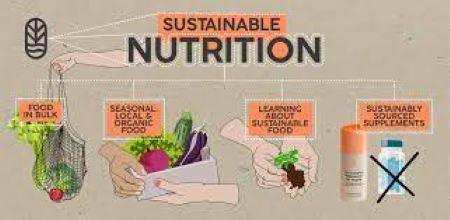Kidney stones, those pesky mineral deposits that can form in your kidneys, are notorious for causing excruciating pain and discomfort. When faced with the prospect of dealing with these tiny yet torturous stones, many people seek remedies and prevention strategies. One popular myth suggests that lemonade, with its citric acid content, has the miraculous power to melt kidney stones away. But is there any scientific truth to this claim, or is it simply an urban legend? In this article, we will delve into the world of kidney stones and lemonade to separate fact from fiction.
The Lemonade Myth: A Closer Look
The widely circulated belief that lemonade can dissolve kidney stones is rooted in the idea that lemons are rich in citric acid, a natural compound known to inhibit stone formation. While there is some validity to this notion, it oversimplifies the intricate nature of kidney stones and their treatment.
Understanding Kidney Stones
Kidney stones are solid mineral formations that develop within the kidneys. They consist primarily of various minerals, including calcium, oxalate, and uric acid. The formation of these stones is influenced by numerous factors, such as genetics, diet, and hydration levels. Citric acid, abundant in lemonade, does indeed play a role in preventing the development of certain types of stones by binding with calcium and inhibiting the crystallization process that leads to stone formation.
The Reality Check
While lemonade can be a beneficial component of a kidney stone prevention plan, it is important to understand its limitations. Lemonade, by itself, is not a miracle cure for existing kidney stones. Here are some key points to remember:
1. Hydration Is Vital
Maintaining proper hydration is essential for both preventing and managing kidney stones. Lemonade, with its citric acid content, can be a flavorful way to increase your fluid intake. However, plain water is equally effective in ensuring adequate hydration.
2. Consult a Healthcare Professional
If you suspect that you have kidney stones or have already received a diagnosis, it is crucial to consult a healthcare professional. Treatment options for kidney stones vary depending on factors such as the size, type, and location of the stones within the urinary tract.
3. Dietary Adjustments
In addition to staying hydrated, your healthcare provider may recommend dietary changes to reduce the risk of kidney stone formation. These dietary modifications may include reducing the consumption of foods high in oxalate and maintaining a well-balanced diet tailored to your specific needs.
FAQs About Kidney Stones and Lemonade
To provide further clarity on this topic, let’s address some common questions:
Q: Can lemonade truly prevent kidney stones?
A: Lemonade can be a valuable part of a kidney stone prevention plan, particularly for certain types of stones. However, it should not be relied upon as the sole method of prevention.
Q: How much lemonade should I consume to prevent kidney stones?
A: There is no specific quantity of lemonade that guarantees stone prevention. The key is moderation. Incorporating lemonade into your diet while maintaining a well-hydrated lifestyle is important.
Q: Can lemonade dissolve existing kidney stones?
A: Unfortunately, lemonade cannot dissolve existing kidney stones. If you suspect you have kidney stones, consult a healthcare professional for appropriate treatment options.
While the idea of lemonade dissolving kidney stones may be appealing, it is important to approach this concept with a balanced perspective. Lemonade can certainly be a valuable addition to your dietary habits when it comes to preventing kidney stones, thanks to its citric acid content. However, it should not be seen as a magical remedy for stones that have already formed.
If you suspect that you have kidney stones or are at risk of developing them, it is essential to seek guidance from a healthcare professional. They can provide a proper diagnosis and tailor a treatment plan to your specific needs. Adequate hydration, dietary adjustments, and, when necessary, medical treatment are the cornerstones of effectively managing kidney stones. While the lemonade myth may persist, your health is best served by relying on evidence-based approaches and expert advice.












